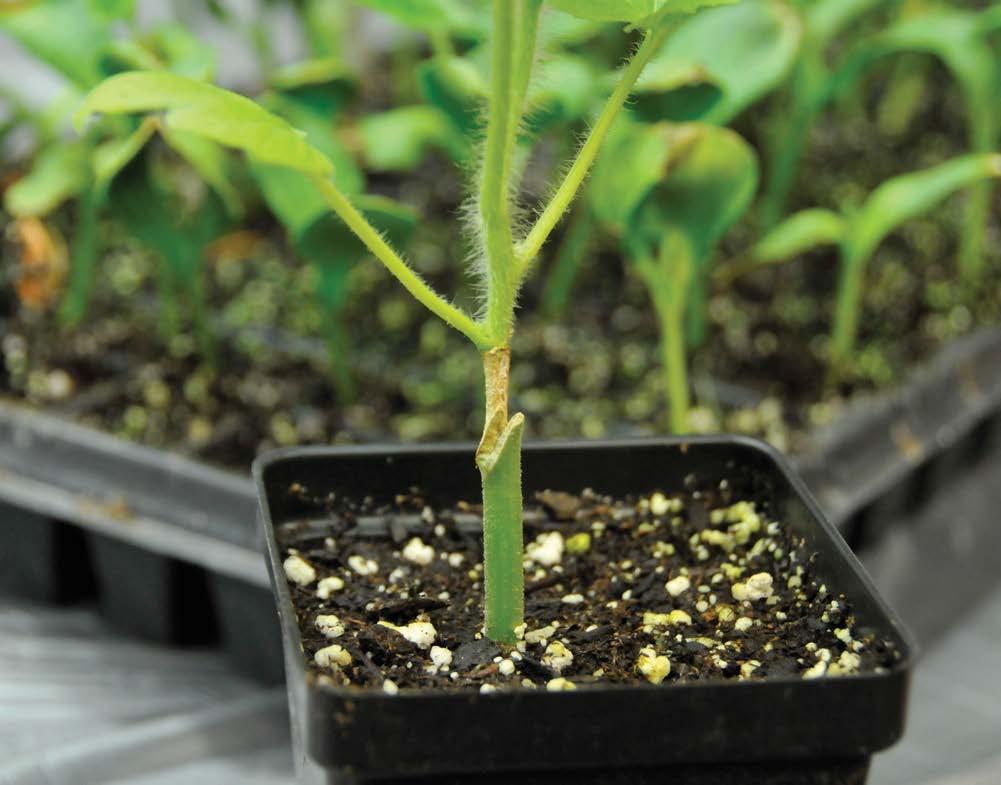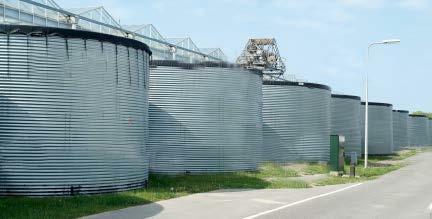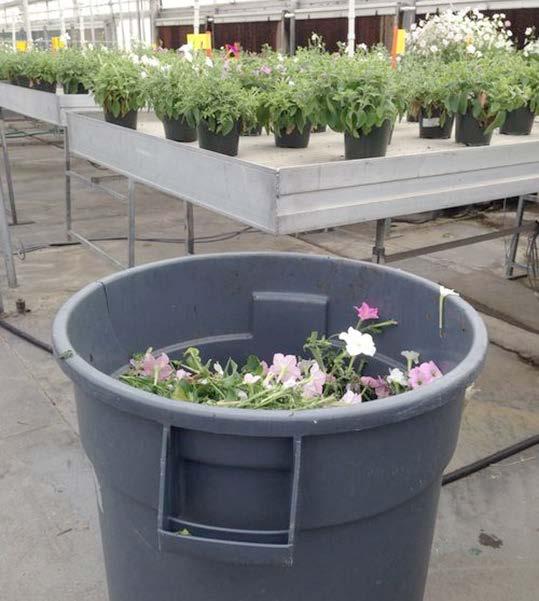
3 minute read
Applying the best of Dutch horticultural tech in South Africa
Professors Nick Kotze and Eugene Cloete receive a tomato plant from Mr Guido Landheer from the Dutch Agriculture Ministry at the laying of the cornerstone of a new Horti Demo Centre (photos supplied) Representatives from the Dutch-South African consortium A delegation from the Kingdom of the Netherlands at the future site of the Horti Demo Centre at the University of Stellenbosch

Advertisement

The Horti Demo Centre on the grounds of the University of Stellenbosch was officially established on 11 May 2022 with the symbolic handing over of a tomato plant and cutting of a ribbon by Mr Guido Landheer, director-general at the Dutch Ministry of Agriculture, alongside Prof Nick Kotze and Prof Eugene Cloete of the University of Stellenbosch.
Components for the almost 3,000m2 large and six metre-high greenhouse have arrived in South Africa and construction has commenced so that the first plants, grafted tomato seedlings, can be planted at the start of the South African spring.
Consortium involved
A consortium comprising six Dutch companies (Delphy, Koppert, Rijk Zwaan, De Ridder, ControlUnion, Svensson), a South African company (Greener Solutions) and Stellenbosch University received 900,000 Euros (R16m) to build a showcase of what’s best and most cutting-edge in Dutch horticultural technology today. The partners are going Dutch in the agreement with half provided by the Dutch government and the other half by the consortium. Prof Nick Kotze, who holds the WinField United South Africa Chair in Plant Health in the department of agronomy at the University of Stellenbosch, says that the planned Horti Demo Centre is a major progressive step of the university’s current horticultural facilities for greenhouse management and vegetable production.
Principles of circularity
The Horti Demo Centre follows the principles of circularity: re-circulation of water (it will run on predominantly rainwater) and nutrients within the system, resulting, he says, in a 30% saving in both and moreover, eliminates the risk of environmental contamination. Inside, pest pressure and the concomitant use of chemical pesticides will be dramatically reduced by the insect netting at all openings.
“For students, both undergraduate but especially for postgraduate students, to rub shoulders with international technology places them in another league. I always tell my students: future industry experts have to come from among us, and you can’t really become an expert if you don’t have access to relevant first world technology,” Prof Kotze says.
Increased Fresh Produce Production intended
While he’s very excited about the impact it will have on the quality of their teaching, the project is intended to go beyond the campus to become a locus for farmer training taking place inside the fully automated, wholly climatecontrolled greenhouse. “I’m certain we could easily double production,” Prof Kotze said.
“We would like to show especially new or small-scale farmers the very best production techniques that are currently available in the world. I’m dead certain we could very easily double the average production of small-scale farmers. We have set ourselves the target of doubling their production and I think we can achieve that.”
Seeing the technology within the greenhouse perform under South African conditions, where the focus is much more on cooling down than on heating up as it would be in a Dutch greenhouse, will be an immense learning opportunity for the members of the consortium too, he adds. A delegation from the Kingdom of the Netherlands at the future site of the Horti Demo Centre at the University of Stellenbosch
Potential site for independent trials The commercial vegetable sector of South Africa, traditionally a fairly fragmented sector, can also expect to see the benefit through, for example, independent vegetable trials that generate local and nonpartisan data on vegetable varieties on behalf of commercial seed companies and administered by the University of Stellenbosch.
“We can add great value to the local vegetable industry,” Prof Kotze explained, “and we will be able to guarantee the independence of our trials.”
In conclusion, Professor Kotze said a close working relationship between academia and the commercial sector creates a platform for postgraduate students to address the research needs of the industry and provides useful contact between students and their future employers.








